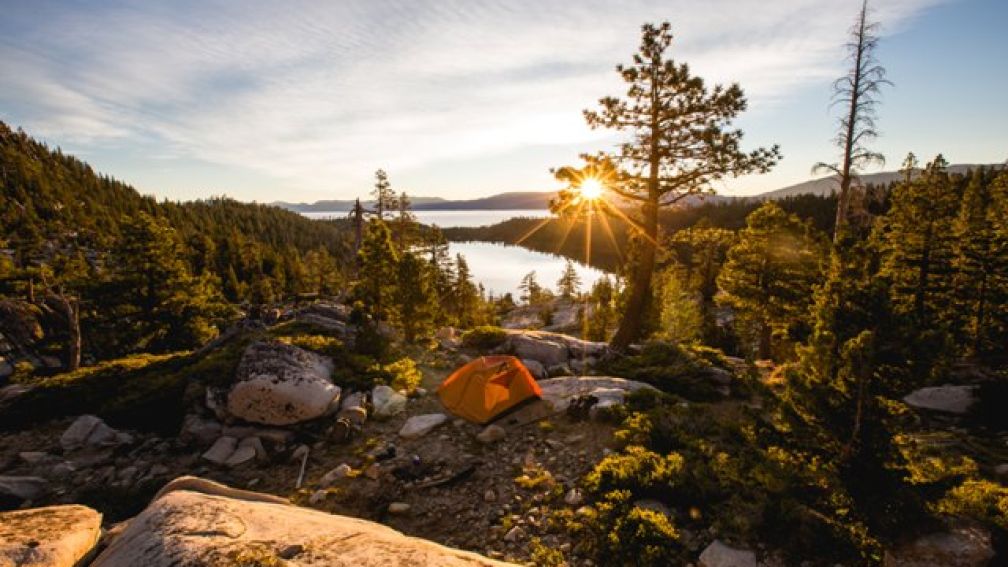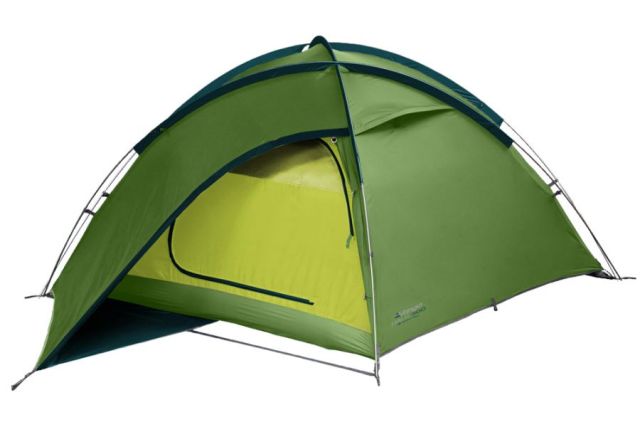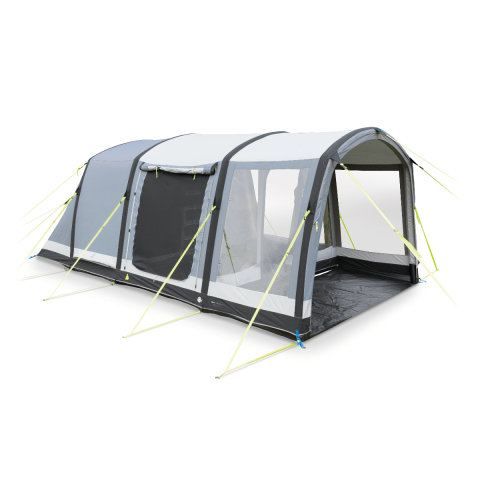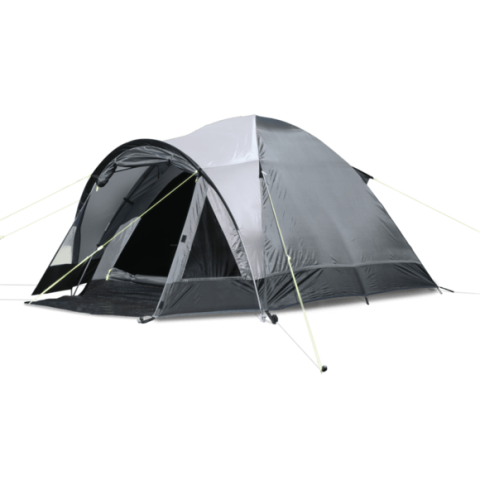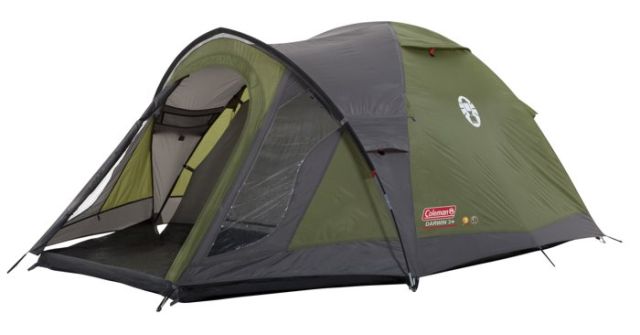Backpacking Tents – 3 Minute Buying Guide
Picking the perfect backpacking tent needn’t be a mind-boggling exercise. Here is the purchasing process broken down into 4 easy steps so that you can buy the ideal one with confidence.
- Which season? Many people prefer to avoid camping during the wintertime. If that’s you, then a 3 season tent will do the trick, whilst keeping the tent weight manageable. It doesn’t make sense to lug around the extra weight from a 4 season tent unless you really have to.
- How much space? The answer to this will depend on whether you will be sleeping alone or travelling with a friend or even a pet. Our most popular backpacking tents are those that are either 1 or 2 man and are equipped with a vestibule.The most typical space requirement for one person is between 16 and 20 square feet. You might want to pop into our store to experience what each different size offers by getting inside.Lie down on the floor of the tent and roll around as though you are in your sleeping bag (we are not joking..) to test for space. If you’re looking for a 2 person tent, then test it with both of you inside it. You may want to opt for one with a vestibule so that you can store your gear in it to keep it safe and dry, and still have plenty of room for rest. 4 square feet should be a large enough area for your vestibule.
- Tent weight. Ideally your tent will be eight pounds or under for 1 person, and if it’s a 2 person backpacking tent, will weigh no more than 12 pounds. Your challenge is to acquire the most possible floor space for the least possible weight. When doing your homework on this, be sure that all poles, guy lines, canopy and rainfly are included in the total weight. Some backpackers opt for aluminium poles as they are lighter. A tip is to take a bin liner with you in your backpack to store your tent in if it gets wet.
- Design options. Some of our customers prefer to purchase a freestanding tent. This is because it’s easy to pick it up and move it, or even to shake out moisture or dirt. Increased air flow and less moisture on your bedding etc comes from a tent that clips directly to poles. It’s also easier to set up. If you’re looking for it to be cooler at night, opt for mesh doors and walls, and this option gives the added bonus of being lighter. Another popular option is a clear film window. With regards to colour choices, red is easy to see in an emergency, and it will add more natural light to the interior.
In summary, go for a light tent if possible. You should try to get inside the backpacking tent that you plan to buy to ensure that there will be enough room for both you and your gear. You may also want to set up the backpacking tent a couple of times prior to setting off in order to be familiar with it.


